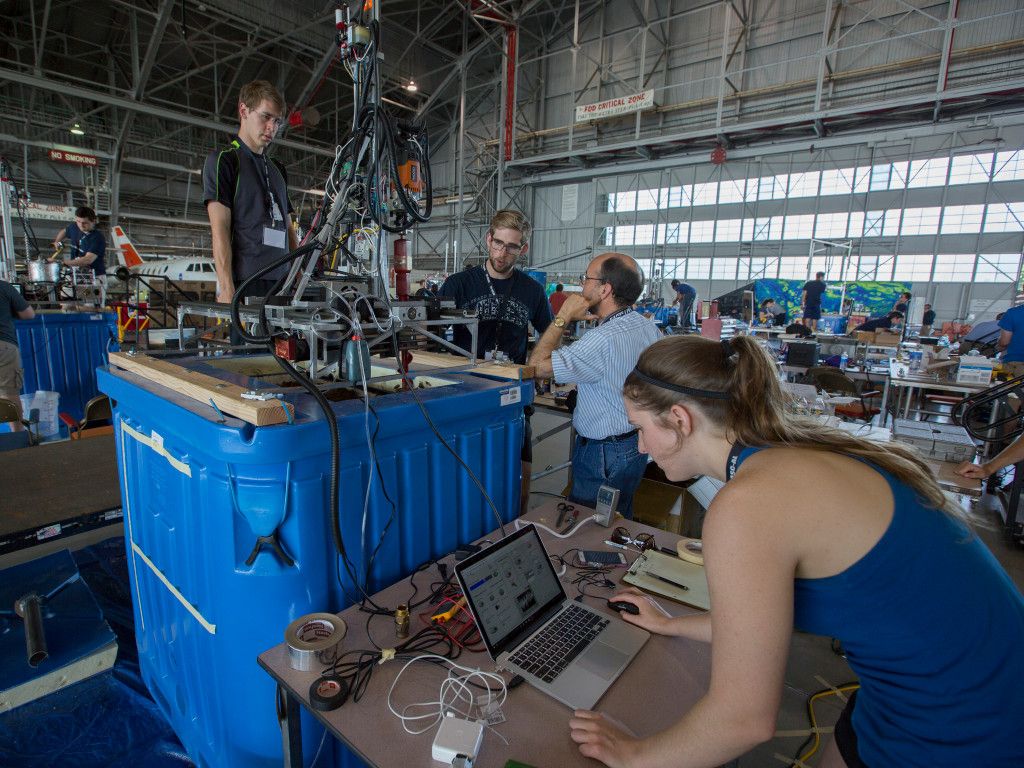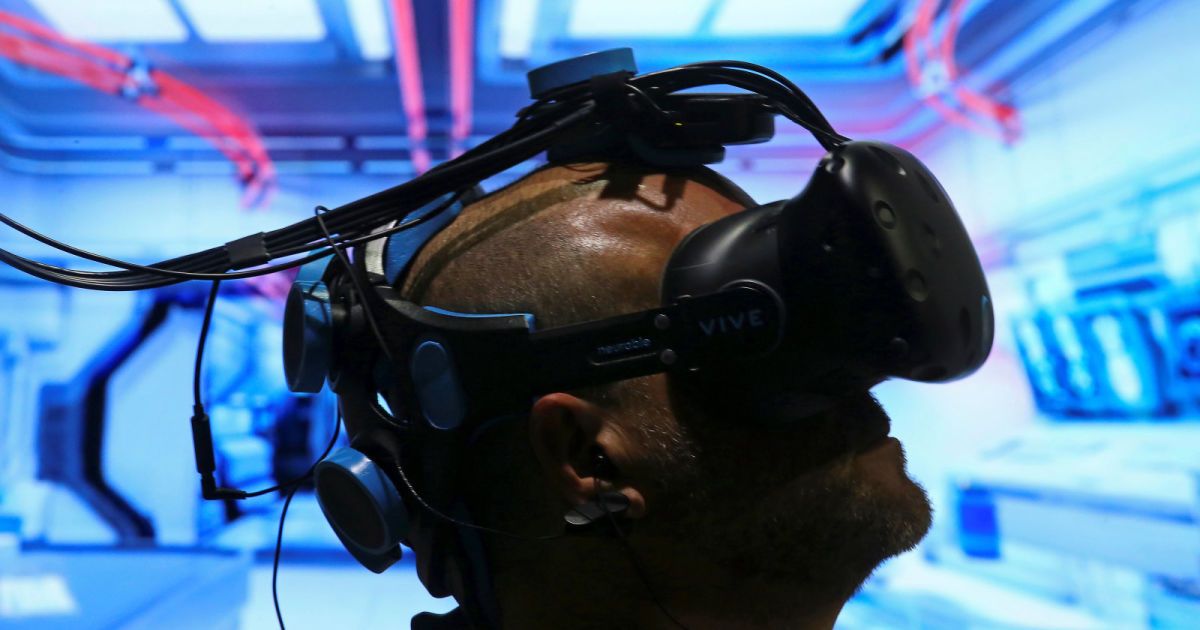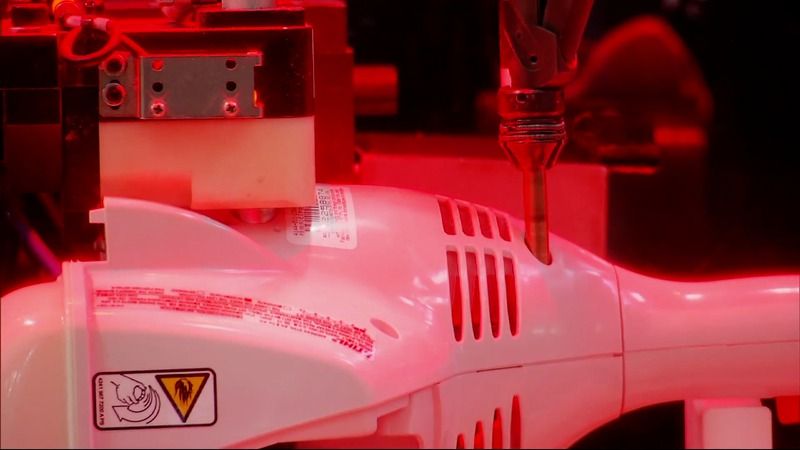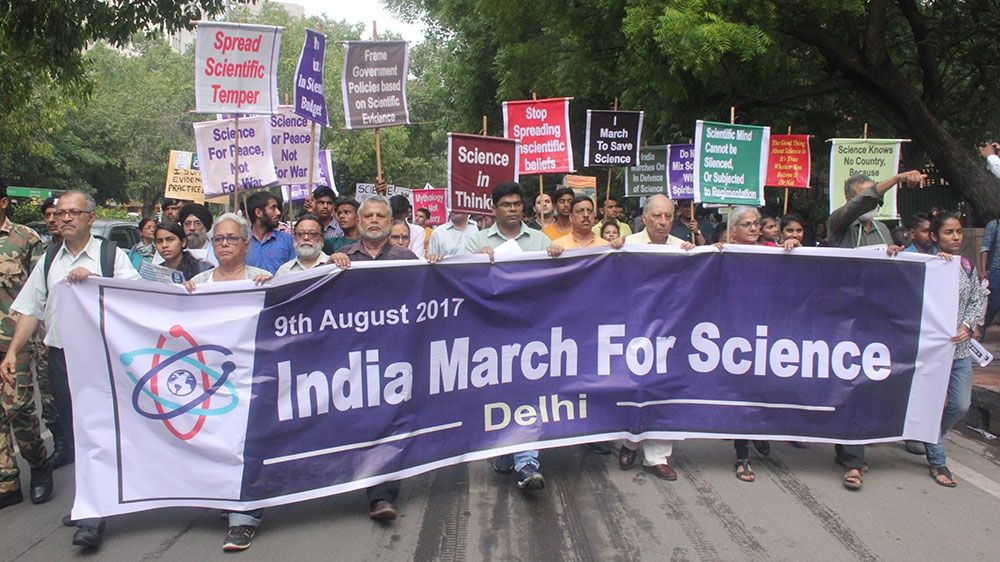In Unexpected Futurist, we profile the lesser known futurist side of influential individuals. This episode’s unexpected time-traveler: Benjamin Franklin. Ben Franklin was an inventor, observer, electricity pioneer, and serial experimenter, so it’s not entirely surprising he looked to the future. But it turns out he was looking to the far, far future. In 1780 he wrote a letter to a friend in which he lamented that he was born during the dawn of science.
Category: education – Page 197
#G4C12: Rants
http://gamesforchange.org/festival2012
How to “Get Better”: Approaches to LGBTQ-relevant Video Games
Presented by: Robert Yang
Given today’s attempts at LGBTQ outreach and advocacy, e.g. the “It Gets Better” campaign, it makes sense to explore more queer-relevant content through engaging and thoughtful video game design. So how do we get LGBTQ content “right”? For that matter, what does “LGBTQ content” even entail? What are the ways that video games imply notions of gender and sexuality through their graphics, sounds, interfaces, and mechanics? Listeners will take away design techniques to integrate socially relevant content into games, ethical concerns in doing so, and a very brief overview of LGBTQ issues.
Crafting Science Learning Games that People Will Play — Two Voices, One Goal.
Presented by: Jodi Asbell-Clarke, Scott Kirk
Jodi and Scott will tell a tale of woe, hope, and compassion about co-developing educational games. With a dual mission, entertainment and learning, the games developed by EdGE and GameGurus are walking the fine line of research and commercial development. The vastly different perspectives of an educational researcher and a commercial game designer present challenges, tension, grief, and ultimately opportunities for new types of games that can make a difference.
Jodi will explain the need for grounding the game in solid pedagogical design so that research measurements will be effective and convincing to funders and educational systems. Scott tries to fit those constraints into the world of development timelines, budgets, and profit margins. It all works when both teams have the creative spark, worthy goals, and a lot of energy.
If coding games is the new literacy, then… presented by: idit harel caperton.

School of Mines hopes to launch first-ever space mining program
The Colorado School of Mines is no longer concerned with just earthly matters.
The world-renowned science and engineering institution in Golden is now eyeing asteroids, the moon, Mars and beyond to explore, extract, process and use the raw materials they provide to help sustain life in space.
Mines hopes to launch a first-of-its kind interdisciplinary graduate program in space resources in 2018, pending approval by school leaders. The first course, Space Resources Fundamentals, is being offered as a pilot program this fall.

Colorado School of Mines plans to launch space mining graduate program
You can go to school for space mining.
GOLDEN, Colo. — The Colorado School of Mines plans to launch a new graduate program that could help people inhabit other planets some day.
The school is working to launch the space resources graduate program that will teach students how to explore, extract and use resources not only on Earth but also on the moon, Mars, asteroids and more.
The school said the classes will focus on scientific, technical, economic, policy and legal aspects of the field.
In this talk during the first International Longevity and Cryopreservation Summit in Madrid in 2017 (http://longevitycryopreservationsummi…), prepared in collaboration with Keith Comito, LEAF/Lifespan.io President, longevity advocate Elena Milova reviews sociological studies of public attitudes towards the concept of life extension and corresponding technologies
She goes on to detail which expressions and messages can increase public acceptance and which have proven to be counterproductive. Related cognitive biases are also briefly discussed.
Elena is a LEAF/Lifespan.io Director of the Board and the head of its Outreach/Fundraising committee, and has been a longevity activist and advocate since 2013. Since then she has organized educational events to make new evidence-based methods of healthy life extension more popular, and is member of the Russian transhumanist movement.

The Vertical Farm
The term “vertical farming” has not been around long. It refers to a method of growing crops, usually without soil or natural light, in beds stacked vertically inside a controlled-environment building. The credit for coining the term seems to belong to Dickson D. Despommier, Ph.D., a professor (now emeritus) of parasitology and environmental science at Columbia University Medical School and the author of “The Vertical Farm: Feeding the World in the 21st Century.”
Hearing that Despommier would be addressing an audience of high-school science teachers at Columbia on a recent morning, I arranged to sit in. During the question period, one of the teachers asked a basic question that had also been puzzling me: What are the plants in a soil-free farm made of? Aren’t plants mostly the soil that they grew in? Despommier explained that plants consist of water, mineral nutrients like potassium and magnesium taken from the soil (or, in the case of a vertical farm, from the nutrients added to the water their roots are sprayed with), and carbon, an element plants get from the CO2 in the air and then convert by photosynthesis into sucrose, which feeds the plant, and cellulose, which provides its structure.
In other words, plants create themselves partly out of thin air. Salad greens are about ninety per cent water. About half of the remaining ten per cent is carbon. If AeroFarms’ vertical farm grows a thousand tons of greens a year, about fifty tons of that will be carbon taken from the air.

NYC is getting a huge new VR conference this fall
In addition to an upcoming virtual reality hub at NYU, New York City will also host its first VR-focused convention later this year. The NYVR Expo, which will take place at the Javits Center from Oct. 26th through 28th, aims to be the biggest virtual reality conference on the East Coast. It’ll be a place for both newcomers and existing VR professionals to explore what’s next in the burgeoning medium. And since the NYVR Expo will run alongside the PhotoPlus Expo at Javits, it will have easy reach to a wide audience of media enthusiasts.
According to Emerald Expositions, which organizes both shows, the new event came about after it noticed that PhotoPlus Expo attendees were increasingly interested in VR. While it considered creating a small virtual reality pavilion as part of the existing show, according to Senior Vice President John McGeary, the company realized it made more sense to start a completely new conference. Together, both the NYVR Expo and PhotoPlus Expo are expected to gather around 20,000 attendees.
As you’d expect, the virtual reality conference will show off how the technology can be used in a variety of sectors, including health care, education and entertainment. It’ll also take advantage of NYC’s unique position as a melting pot for a variety of industries.

Welcome to the Future of Work
The Associated Press is launching a series of stories called Future of Work that explore how workplaces across the U.S. and the world are being transformed by technology and global pressures. As more employers move, shrink or revamp their work sites, many employees are struggling to adapt. At the same time, workers with in-demand skills or knowledge are benefiting. Advanced training, education or know-how is becoming a required ticket to the 21st-century workplace.
Futurist Gray Scott: We Can’t Ignore Our Psychological Future
Why are we often so wrong about how the future and future technology will reshape society and our personal lives? In this new video from the Galactic Public Archives, Futurist Gray Scott tells us why he thinks it is important to look at all aspects of the future.
Follow us on social media:
Twitter / Facebook / Instagram
Follow Gray Scott:

Thousands march for science across India
Among the demands of Wednesday’s rallies was the allocation at least three percent of the GDP to scientific and technological research and 10 percent towards education, a statement by the march organisers said.
People across 25 cities join scientists in demanding more funding for research and promotion of scientific temper.
Laurin-Whitney Gottbrath 09 Aug 2017 20:19 GMT Asia, India, Science, Science & Technology.